By Matthew Jent
Ben Costa is a maker. He makes comics, games, and deadpan jokes.
I caught up with Ben at the tail end of this year’s San Diego Comic Con to chat about the Kickstarter-funded second collection of Pang, the Wandering Shaolin Monk, his new webcomic Rickety Stitch and the Gelatinous Goo, and making the kinds of games you want to be able to play.
Ben exhibited in the Small Press area of SDCC as Iron Crotch University Press.

How long have you been coming to SDCC?
I’ve been exhibiting for five years. I attended for a few years before that.
How’s your show been this year? What are you most excited about?
The Sakai Project. I have an illustration in there, and Stan Sakai has been one of my inspirations for a long time. Every year everyone says the show isn’t about comics anymore, but it’s still one of my best shows of the year.
And that’s probably because it’s five days long? It’s usually consistently good, but this year wasn’t the same way. Wednesday through Friday were kind of bad. A show like SPX is my best show, per day. One day at SPX I sold 40-something books, which I don’t do at San Diego.
But there were noticeably more people coming through Saturday and Sunday. The aisle would get full sometimes. And on Sunday, it felt like a bunch of people who have walked by and maybe didn’t buy anything came by, like, “Alright, I’ll take that print.” So I sold a bunch of prints on Sunday, whereas on previous days it was very few prints.
Do you still mostly sell the first volume?
Yeah, it seems that way. 90% of people coming past still seem like they have no idea what it is. One out of ten people will be like, “Kung-fu, this is awesome!,” or I’ll recognize them from previous years.
The last time we talked, your Kickstarter had been successfully funded but the book wasn’t out yet. How has the publication of volume 2 of Pang been?
Pretty good, overall. It’s been a little harder to get the word out than the first volume. It seems to be getting less press. I got several reviews from the first one, but I’ve only gotten one for the second one. I sent out review copies for both books. It wasn’t ordered into as many comic book stores. But both volumes were in Previews, and both volumes were Previews Staff Picks.
Pang started online, and you’ve self-published the two hardcover volumes that are currently out. Are you interested in working with larger publishers, or doing more work-for-hire projects?
Work-for-hire, on the right project. Like if it was Star Wars, or Teenage Mutant Ninja Turtles — sure.
Twist your arm, and you’ll write Star Wars. Do you have a Turtles story you’re dying to tell?
No? I’ve never been a great plot generator. If I sit there a long time and think about things I can come up with stuff. But the relationships are what draw me in. But with Turtles, you can also have cool ninja fights.
A lot of Turtles stories, after the first 10 original issues, are good stories, but they don’t get the core of the characters. What’s at the core for me.
What’s at the core of a good Turtles story?
They’re brothers. And Raph, he jokes and acts like he’s having a good time, but really, you know — it’s painful inside. So it’s that family dynamic.
Let’s talk about webcomics. Your new project is Rickety Stitch & the Gelatinous Goo.
It’s a fantasy. It’s about a skeleton minstrel and his trusty gelatin sidekick.
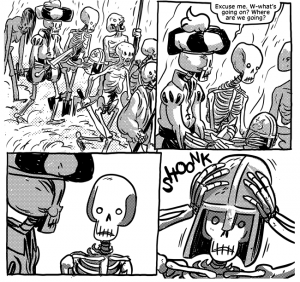
You’re serializing it online, like you did with Pang — do you want to collect it as a physical volume somewhere down the line? Or partner with a larger publisher to put it out?
There are webcomics that gain enough of a following that when they produce merchandise — books, shirts, prints, whatever — they can make a living through their audience without having to go through a publisher. But you have to be really popular, and it’s geared more toward gag comics that update every day. Although there are exceptions.
I didn’t want to work on this, get it to a publisher, then have wait and just be silent for 2-3 years while everyone forgets I exist. So, we’re putting it online. I dunno if that will effect how a publisher might react to it later. On the first volume of Pang — the beginning is a little rough, compared to the rest of it, so I could see why publishers might not want it. But once I self-published the first volume, the vibe I got was always, “This is great. Show me what you’re doing next.”
The question I have is — at what point do you start pitching it? I feel like comic book publishers like to get in early on the editing process. When you have a novel, you’re supposed to just write it, completely, and then show it to people. But with comics, it seems like they don’t want to see a completely finished thing.
Is it fun to make? Rickety Stitch?
Yeah, it is. James Parks, my co-writer, and I could have easily let this project die. We showed it to Slave Labor a while back, and they turned it down. But it was so fun to make that we wanted to just do it.
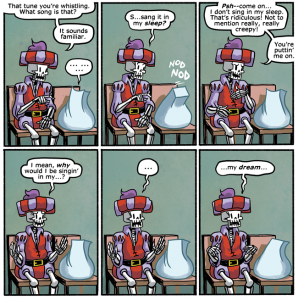
The Pang table-top role-playing game was a Kickstarter reward, and you’ve been selling some physical copies at the show this year.
One of the guys from Fantasy Flight came by and bought a copy. He says they have a group there that gets together and plays indie games.
Are you interested in game design? Or is it more about adapting the story and the spirit of Pang, and fitting that into game mechanics?
Adapting the story and spirit is more appealing to me, though I do like design mechanics. My friend Amir Rao, from Supergiant Games, is my regular Dungeon. All his life he’s been making games and RPGs that we would play. It rubbed off on me.
What did you approach adapting Pang’s story and turning it into a game?
The obvious things is kung-fu fighting. I wanted to have a combat system that felt different, that wasn’t just “I attack, you attack, I attack.” I wanted defense to be something you actively think about.
Having played it — it feels like really squaring off with an opponent. You spend points or save them, and you can react based on your opponents actions. You can hold back and defend, or make a big offensive move but leave yourself open to be pummeled.
I thought there was good opportunity to make abilities around that. And trying to make it feel Ancient China.
How did you do that?
I started with choosing stat names that were a little different. Stuff you couldn’t just pin down as exactly representing the skills. Like “Benevolence” — you can’t exactly know what you would put under that off the top of your head. It was a long process. It took way longer than I thought it would.
I also made a Star Wars game, for fun, from which I pulled a lot of the abilities for Pang. I made a Rickety Stitch game, then Star Wars, then Pang. So I have a fully functional Star Wars game.
When did you make a Star Wars game?
2012?
Why did you make a Star Wars game?
I had three-year campaign in the d6 system that was great, but we could probably never play it again. I started working on the new game towards the end of that. I’d added a bunch of custom rules to the d6 game, which has no classes. I added a “rebel ranks” ability system, so as you go through the ranks with rebels you get new powers. Sort of like Pang, they build on skills. You use your skills to activate them. Same idea as the Class Masteries in Pang.
It was sort of in response to the Fantasy Flight game, because I’d gotten the Beta book, and I was really excited about it, but for my own personal taste there was something lacking. I’m particularly proud of the space combat, which in my own games, has not been satisfying.
I like that spirit. If there’s something you don’t like, you just create the thing you do like.
I justified it to myself by saying I would use this game for a science fiction comic I want to eventually do.
I love it. Almost everyone else in comics is making a comic book to spinoff into a movie. And you’re making comic books so you can spin off role-playing games.
It’s like the way to not make money.
The hope — in any of my games — is to capture the abstraction of the story.


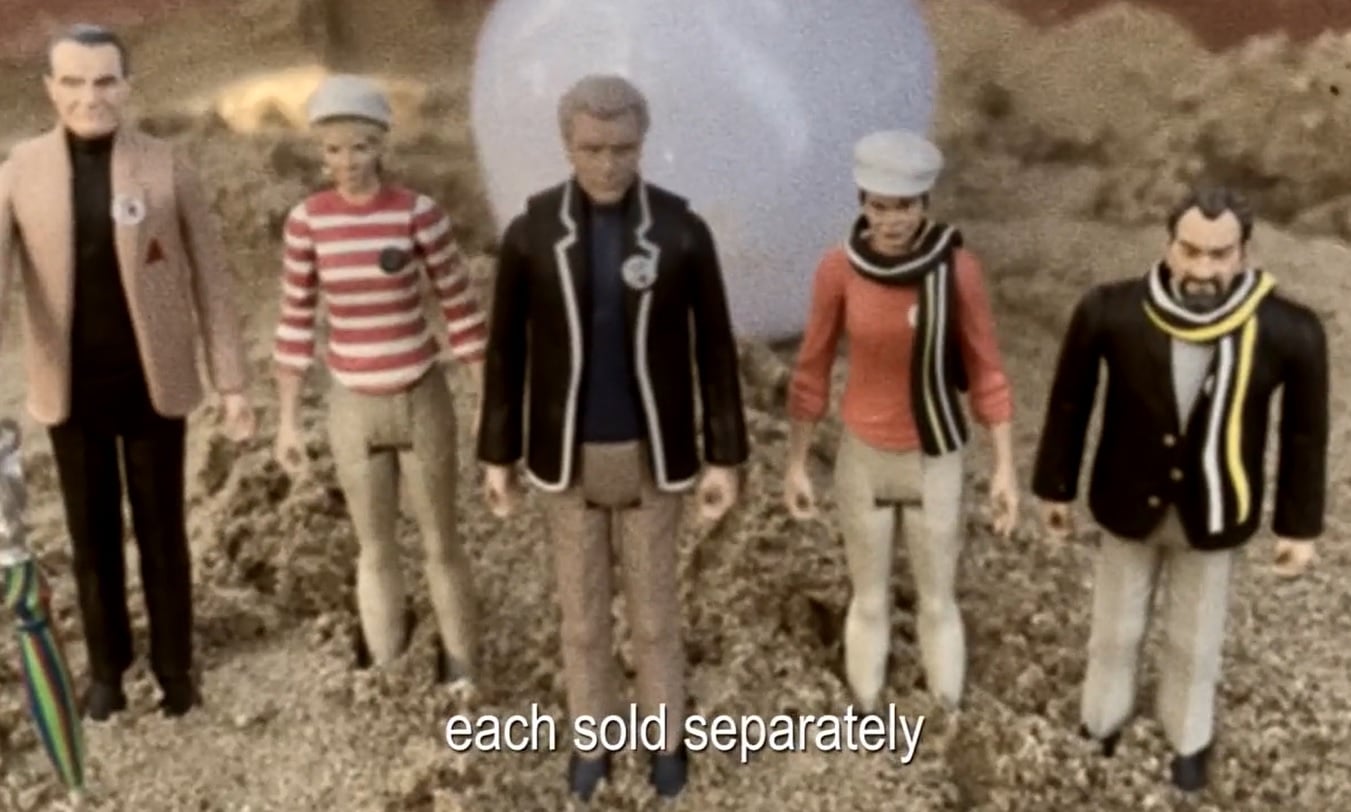
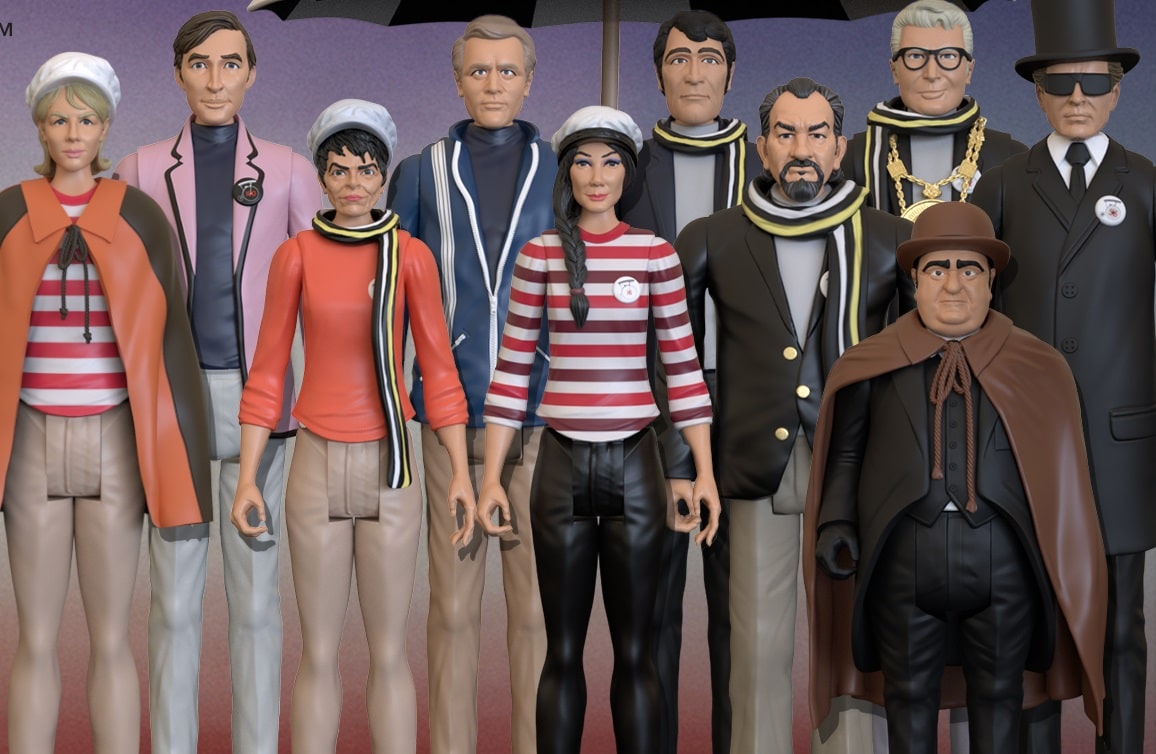
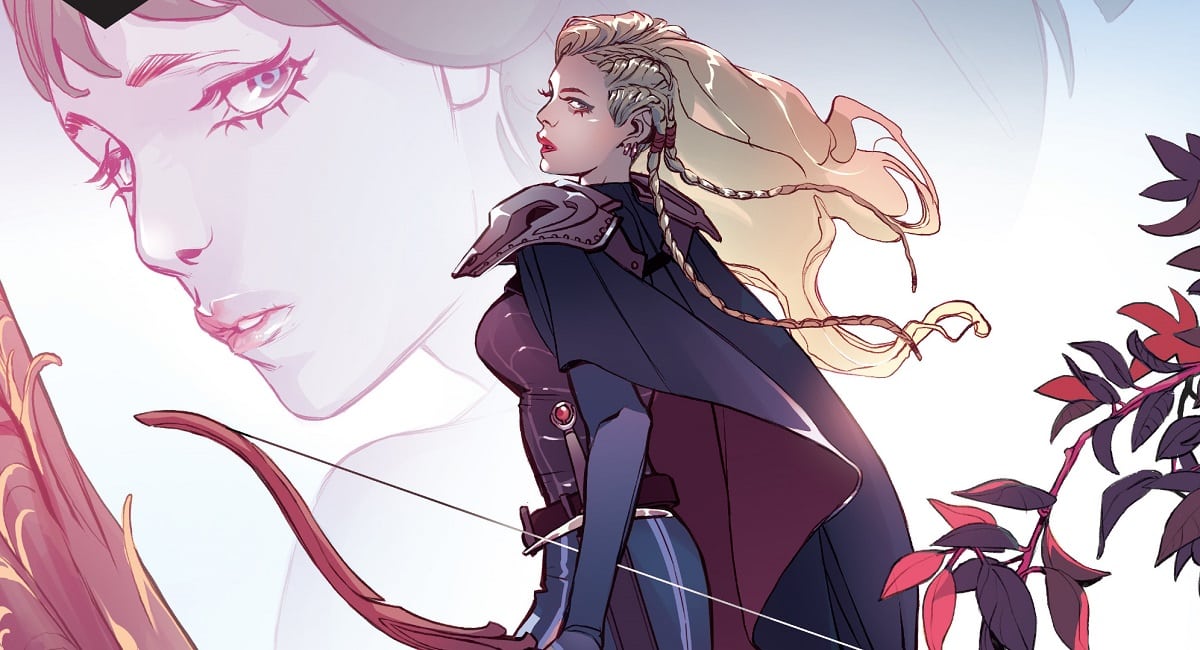


This guy is like a breath of fresh air! Great interview!
Comments are closed.